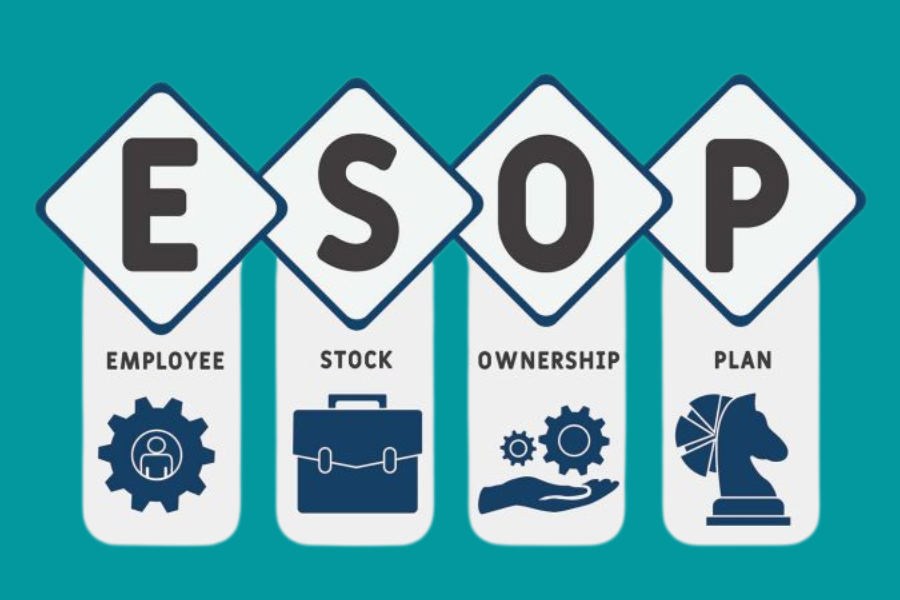Table of Contents
Buy/Sell Your Unlisted Shares
Submit the details below to share a quote.
Paytm launched its initial public offering (IPO) in what was known as the biggest initial share of India ever since Coal India in 2010. Upon its launch, Paytm issued its stock at ₹ 2150, was listed at ₹ 1950 and enjoyed a high hit of ₹ 1,955. After hitting its high, the chief financial officer of Paytm, Madhur Deora, said, "A higher valuation could have been achieved, but we decided to price it at a level where everyone makes money." Nevertheless, all went south, and the words of the CFO turned into a petty joke as the company saw a relentless decline.
When Paytm announced its numbers for the December 2021 quarter in February 2022, it was observed that the company faced a loss of ₹ 780 crores. In the same period, it was reported to face a loss of ₹ 520 crores in the previous year. When companies reaped benefits from entering their initial public offering, Paytm became the poster boy.
Path To Failure Of Paytm's IPO Explained
Paytm's failure shocked everyone; however, seasoned investors and brokers anticipated the decline. Curious to know why? The company took many steps that reflected a decline in numbers, for instance, overvaluation of the share price.
Here we have discussed a few reasons that led to Paytm's IPO failure.
Current Financials Of Paytm
The IPO of Paytm was offered at a price band of ₹2080 to ₹2150 on 8 November 2021. It was then listed on the market on 18 Nov at a price of around ₹1500. So, right off the bat, Paytm's share prices were less than its IPO prices. As of 18 December 2023, the share price of Paytm has come down a lot and is currently listed at ₹616.7. Which is less than 20% of the IPO price.
Lack of guidance
As aforementioned, since Paytm entered IPO, it only saw a glimpse of a high, and the rest was a complete decline. Upon digging deep, analysts realised that the company lacked guidance. Considering the actions taken by the company, it was clear that the stock was not issued in accordance with the Indian share market. 75% of the promoters were from foreign lands and were selling the shares and stocks through by offer for sale (OFS). The valuation by foreign investors works with a higher risk appetite. However, the Indian public markets issue stock prices based on conventional profitability and earnings metrics.
Pricing Issue
Several reports marked the valuation of Paytm's initial public offering as "expensive". With the stock price issued at ₹ 2150, the company finally closed at ₹ 944.50. Analysts reported that the company overvalued its share price and thus saw an unending decline. Seasoned and beginner investors refused to invest in the company, resulting in a downfall. Moreover, the stock exchange through offer for sale was evaluated to ₹ 10,000 crores; this covered more than 50% of IPO value and was set according to the foreign promoters and not the Indian market.
Tough Competition From Other UPI Apps
There was a time when Paytm almost had a monopoly in the Indian market. But with time, competition emerged, which overtook Paytm in business applications. Its competitors like PhonePe, Gpay, Mobikwik and most importantly BharatPe made life harder for Paytm. The service Paytm provided was getting outdated fast. This was one of the major reasons for Paytm IPO which did not perform well in the market.
Receding Liquidity
Another reason for the fall of Paytm's IPO was bad timing and receding liquidity. The company raised ₹ 18,300 crores; however, the market never had the appetite for such big numbers. Since the equity mutual funds schemes have declined in recent months, FIIs have been cautious, resulting in a slow DIIs liquidity tap and a steady decline.
Company's Doubtful Future
At the time of its IPO, Paytm was a disbursed company with no definite model. The company launched many schemes with little to no future planning of closing and benefiting from these schemes. Paytm lacked a vision and had a flawed business model. Evidently, giant companies like Aditya Birla and HDFC Mutual Funds never invested in the company. This raised a lack of interest in the company for investors.
Social Media Influence
One of the major reasons for Paytm IPO not performing well is the hype that was created just before the IPO. People on social media were talking about how good Paytm IPO is, which in turn made the company more confident. Moreover, many experts and investors suggested that Paytm overvalued their own share prices, which led to this fiasco. The news of Warren Buffet being an investor in the IPO also didn’t help and made the situation even worse.
Paytm's IPO Sunk: What Does It Mean For Future IPOs?
India witnessed the decline of Paytm at the biggest IPO share sale; indeed, it will impact the future of IPO. Companies like MobiKwik delayed their IPO and became more cautious about their valuation. Pre-IPO companies are now scared of loss-making since Paytm's decline has cleared the concept of "false" valuations.
Can Pre-IPO Shares Make A Better Investment Option?
Considering the result of Paytm's IPO, investors are very cautious towards unlisted shares. At Stockify, we have a diverse portfolio of high-return unlisted shares from top companies. Our experts evaluate all the risk, educate the investments and help throughout the investment journey for higher return. Connect with our experts today.




















































